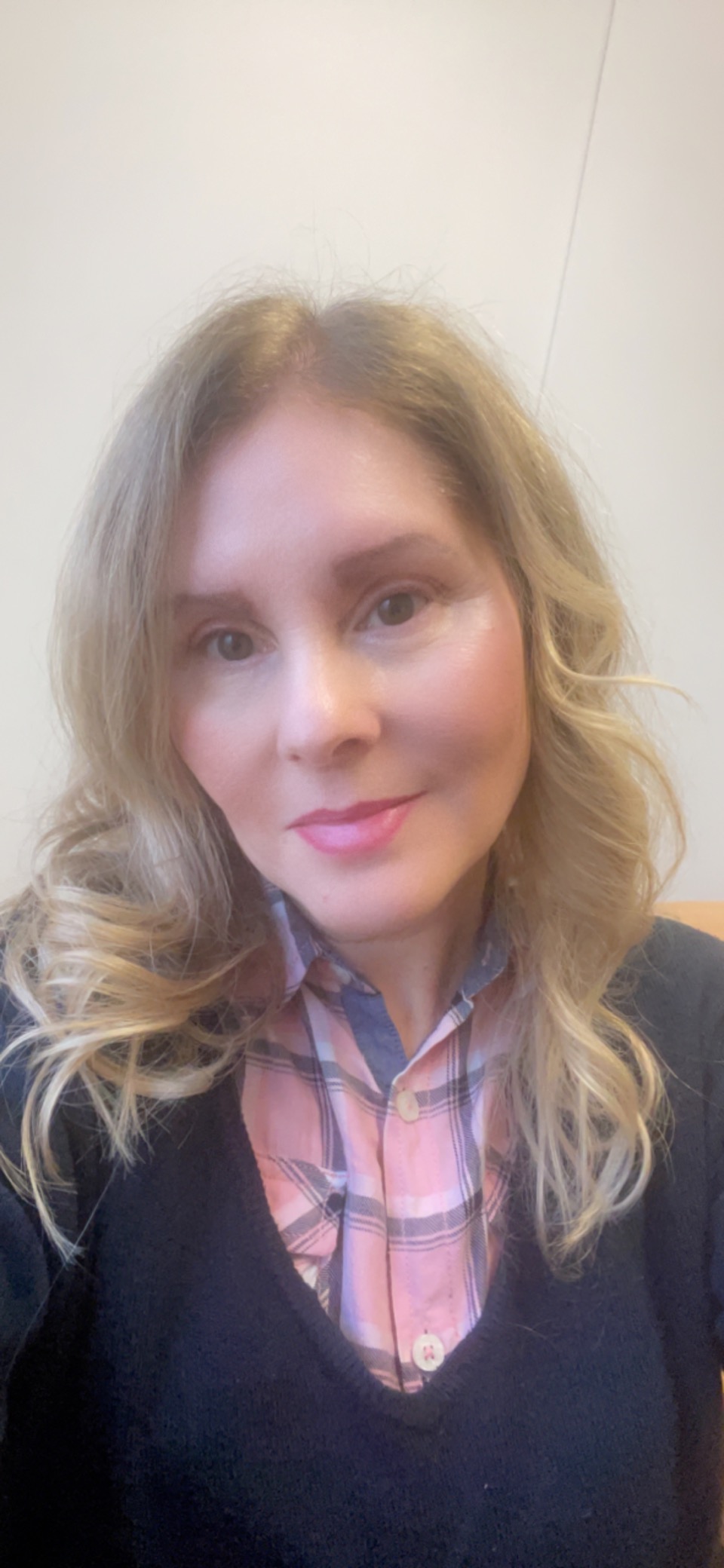Habits Associated With Anxiety
- Karen Bland
- Aug 27, 2022
- 3 min read
Do you have habits that you've had for a while, even since childhood?
.
In this article, I am going to highlight a few of the habits that may be related to anxiety. Anxiety can be expressed in many ways which can make anxiety tricky to identify. You may have had habits since childhood and it seems something you just do and is accepted as normal. You may notice little things your child regularly does, it may even seem cute but it could be a sign of anxiety.
Daydreaming This is one I can relate to, I think I spent half my school years daydreaming in class, it's a wonder I even learned anything. It is so easy to drift off and spend hours looking out the window which may be relaxing at times but it can really get in the way of everyday tasks and learning. Daydreaming can be a way of escaping reality and anxiety, like being in a safe space for a while.
Excessive Social Media. This one is very common and easily done, spending hours on social media, like daydreaming is an escape mechanism, and engaging our minds in something else can be a welcome distraction from anxiety triggers and stress. However, it can often have the opposite effect especially if we have low self-esteem and compare ourselves to others due to being exposed to so many shiny objects and seemingly perfect people.
Forgetfulness. Concentration and memory are impacted by anxiety, you may get irritated by people who appear like they are not listening or interested but this could be a sign of anxiety. Perhaps it is you that is always in your head that you are not always present. Maybe it is your child who seems to not care what you say to them or to be thinking only of themselves. Having constant worries can take over and makes it difficult to focus and remember.
Hair Twirling. This may seem cute or innocent, we often see children or babies doing it, it may be something you do without noticing but it can be a sign of anxiety. Hair twirling may be a way of channeling excess energy, it may help soothe anxiety and mask it at the same time as it often goes unnoticed by others and can be done anywhere.
Skin Picking. This can be another unconscious habit that is created to relieve anxiety. Skin picking can turn into a disorder called 'excoriation'. Some people pick the skin around their nails, and some may pick at their fingers; in severe cases where it is a long-term habit, the skin becomes sore and is more noticeable.
Fidgeting or Playing With Something. In moments of stress do you often find yourself playing with whatever is to hand? For me it used to be the edge of my collar, or the corner of fabric. Some people tap or fiddle - smoking can be considered fidgeting too, its all about channeling excess energy or soothing anxiety. Because anxiety can show as irritibility, trembling or shaking figdgeting or playing is less obvious and a good distraction.
Talking Too Much, Too Little or Arguing. Perhaps you or someone you know talks a lot, this can be a sign of anxiety as they get overwhelmed in situations or silence makes them uncomfortable so they talk. When I was young I rarely spoke outside my loved ones, I just didnt know what to say or the words wouldn't come out, this is anxiety - in my case Selective Mutism which is social anxiety. Other people that get anxious and overwhelmed may start an argument, this is because they want the conversation to end but can't say that so they cause it to end by arguing to escape it rather than say how they feel.
Sleeping Too Much or Too Little. It has been shown that there is a connection between sleep cycles and anxiety. Not getting enough restful sleep creates anxiety and worrying causes disrupted sleep. Anxiety may cause disrupted sleep and nightmares which then causes worry about going to sleep; this creates a vicious cycle of sleep deprivationa and anxiety. On the flip side some people find sleeping can be a way of escaping anxiety so they sleep as much as they can, sometimes too much which is not good either.
If you recognise these habit in yourself or someone you know, it may be an indication of anxiety.
The sooner support is put in place the easier it is to deal with especially with children as often adult anxiety began way back in childhood but went unnoticed or unattended to.
For support take a look at my website
Or why not book a friendly, no pressure discovery call to see how I can help




Comments